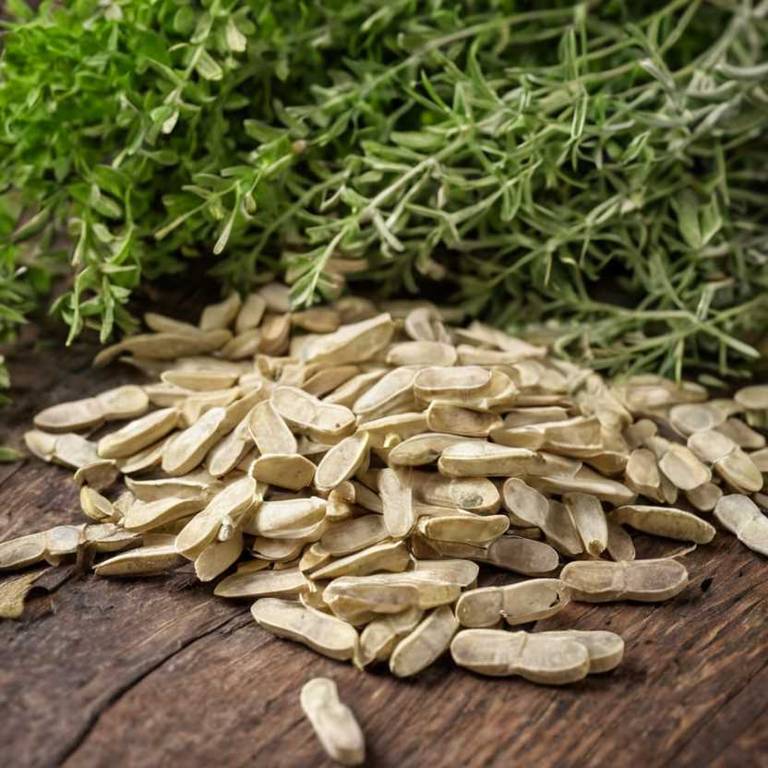Yellow milkvetch
Astragalus membranaceus
Ashwagandha is a prominent medicinal herb in Ayurvedic medicine, classified as a rasayana (rejuvenator). It is primarily utilized as an adaptogen to help the body manage physical and chemical stress.
Family
Solanaceae (Nightshade)
Native Region
India, Middle East, Africa
Part Used
Root, Leaf, Berry

Botanical Identification
Yellow Milkvetch, scientifically known as Astragalus membranaceus, is a perennial legume native to the mountainous regions of northern China. It belongs to the Fabaceae family and is also known as Huang Qi in traditional Chinese medicine. The plant features a deep taproot, trifoliate leaves, and yellow pea-like flowers. It has been referred to by various synonyms in herbal texts, including Milkvetch and Chinese Astragalus.
Active Compounds
The Yellow Milkvetch contains key bioactive compounds such as flavonoids, saponins, and glycosides, which contribute to its medicinal properties. These compounds work synergistically to support various health benefits, including anti-inflammatory and immune-modulating effects. Their combined action enhances the herb's efficacy in traditional herbal medicine.
- Flavonoid
- Saponin
- Glycoside
Therapeutic Indications
| System | Condidtion | Action |
|---|---|---|
| Immune | Chronic fatigue, autoimmune disorders, chronic fatigue syndrome, autoimmune diseases | Immunomodulatory, immunosuppressive, immunostimulant |
| Respiratory | Asthma, allergic rhinitis, chronic bronchitis | Anti-inflammatory, antihistaminic, expectorant, antimicrobial |
| Nervous | Shingles, herpes zoster, fibromyalgia, diabetic neuropathy | Antiviral, anti-inflammatory |
Preparation Methods
Extract: Used for immune support and fatigue relief.
Infusion: Used for respiratory conditions and to boost immunity.
Decoction: Used for digestive health and to enhance vitality.
Safety Profile
Yellow Milkvetch is generally considered safe when used in recommended doses. However, it may cause gastrointestinal discomfort in some individuals. It is contraindicated during pregnancy and breastfeeding due to limited safety data. Always consult a healthcare provider before use.